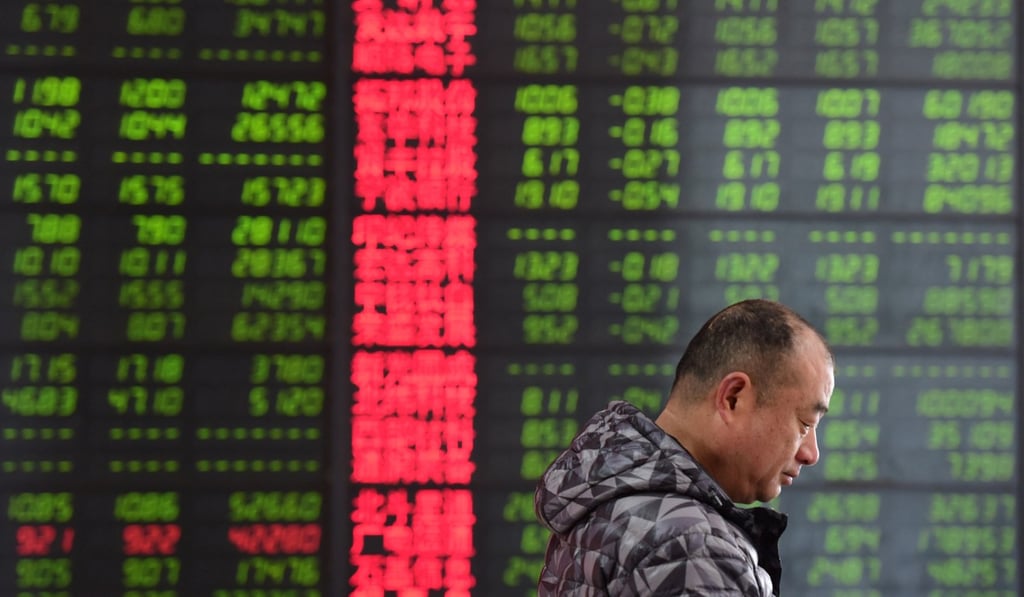Bigger stock connect quotas will cater to capital flow surge when MSCI includes China, says HSBC
The bank projects that MSCI inclusion will draw US$2b of initial inflows from June 1, before rising to US$24b over time

China’s move to quadruple the daily quotas for the stock connect schemes linking mainland and Hong Kong markets is aimed at addressing a potential surge in capital flows when yuan-denominated equities are included in the MSCI index, according to HSBC.
The global stock index provider will include 222 Chinese A shares in its MSCI Emerging Markets Index, using a two-step process beginning on June 1. The inclusion comes amid rising US-China trade tensions that have hurt the performance of Hong Kong and Chinese stock markets in recent months.
“Trade war risks worries are hurting the stock markets in the short term. However, the process of diversifying away from RMB-denominated assets by Chinese investors had just started and should continue for a long time,” said Steven Sun, head of research, HSBC Qianhai Securities.

Actual transactions, however, only accounted for about a quarter of the previous daily quota. In April, daily northbound flows into A-shares totalled about 2.7 billion yuan, which represented a sharp increase from the 600 million yuan to 700 million yuan recorded in March.
But Sun estimated that the MSCI inclusion will draw some US$2 billion of inflows from passive and active managers from June 1, before rising to US$24 billion over time.